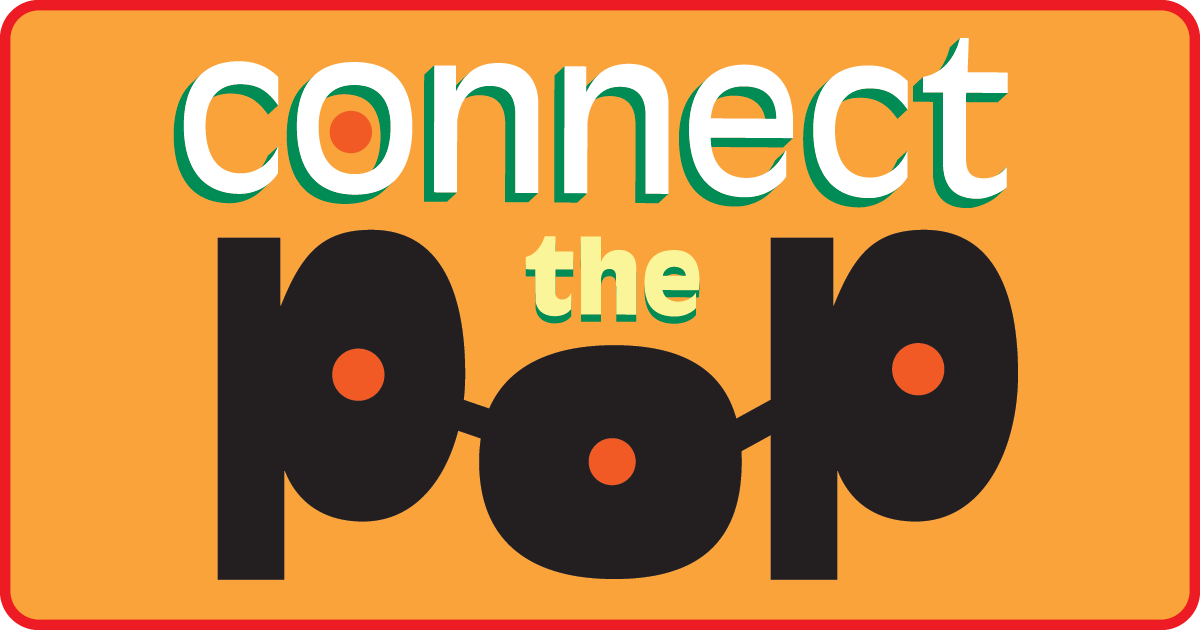SCROLL DOWN TO READ THE POST
Mighty, Mighty Mythology: Everyday—and Olympian Level— Branding

[This is the third part of a series of posts on mythology and how it surfaces in modern (pop) culture. Here’s part one, and part two.]
Were the Olympic Games, which are already underway in London, named after Mount Olympus and the Greek gods who were thought to reside there? Well, according to this scholarly post, the answer is no, but I find its logic a bit hard to swallow: yes, of course the ancient games were held at Olympia, which is nowhere near Mount Olympus… but wasn’t Olympia itself named after the mythic home of the gods in the first place? Maybe someone with a bit of expertise in this area can comment or contact me and set the record straight.
In any case, what’s far more clear and unambiguous is the modern rush to name products and services after anything Olympian in stature—and I’m including the Roman versions of those gods, too, as in that speedy Mercury convertible you may have once eyed. Eyed on television ads, that is.
ADVERTISEMENT
ADVERTISEMENT
The subject of branding, however, is just one way an educator can connect media literacy, the humanities (classical mythology), a fannish interest in sports, and the current events story that is the Olympics. There’s the corporate sponsorship of the games themselves. The famous logo of the games thus appears in print and broadcast ads, lending a little of the associated qualities—health and fitness, world-class excellence, national pride—to those sponsors. Sure, you might want to ask students if it really makes sense for Coca-Cola and McDonald’s to sponsor athletic contests (and the answer is certainly, because the new associations counter the usual ones—to junk/fast food), and it’s easy to imagine young people discussing and deconstructing ads they’ve seen.
What might be even more intriguing, though, and lead to more in-depth conversations that tie into economic (or perhaps freakonomic) behavior generally is your introduction of this notion: companies that don’t sponsor the Olympics still benefit from the branding of sponsorship. Quite simply, consumers don’t track who’s a sponsor and who isn’t, with the result that Coke’s biggest rival, Pepsi, ends up getting bonus points for the Olympics despite not having anything do to with them. It’s all right here, in this fascinating article in Advertising Age.
 And while we’re throwing links around, here’s another one—to a pretty decent list of products and services that take their names from classical mythology and history. You’ve probably already thought of Olympus, the camera manufacturer, but you can always challenge students to come up with more corporate names and brands.
And while we’re throwing links around, here’s another one—to a pretty decent list of products and services that take their names from classical mythology and history. You’ve probably already thought of Olympus, the camera manufacturer, but you can always challenge students to come up with more corporate names and brands.
One highly appropriate one that they’ll probably recall is Nike, named after the Greek goddess of victory, I believe; the famous “swoosh” logo represents an abstraction of her wings.
But let’s not forget that sports teams (and their logos) are also brand-conscious. In other words, remember the Titans—both Tennessee’s NFL football franchise and, well, you know, the team from the movie.
No, I’m not suggesting that the Olympics, or sports in general, are all about marketing, branding, promotion, and so on. And yes, I am suggesting that the games will be a lot of fun; certainly the opening ceremonies have pointed to the showbiz aspects of the event. But apart from all this entertainment value, yet right the middle of it, actually, learning can occur. In fact, that may always be the best time for it.
Filed under: Media Literacy, Social Studies, Television
About Peter Gutierrez
A former middle school teacher, Peter Gutierrez has spent the past 20 years developing curriculum as well as working in, and writing about, various branches of pop culture. You can sample way too many of his thoughts about media and media literacy via Twitter: @Peter_Gutierrez
ADVERTISEMENT
SLJ Blog Network
Read Aloud Hall of Fame #19: DOCTOR DE SOTO
Fuse 8 n’ Kate: Tadpole’s Promise by Jeanne Willis, ill. Tony Ross (Second in a Two-Part Series!)
Miss Camper | This Week’s Comics
Here Have Some YA Disability Pride
The Classroom Bookshelf is Moving
ADVERTISEMENT
ADVERTISEMENT







